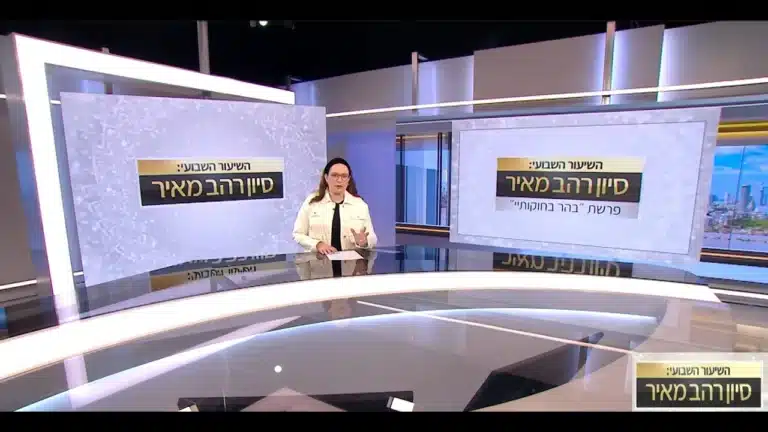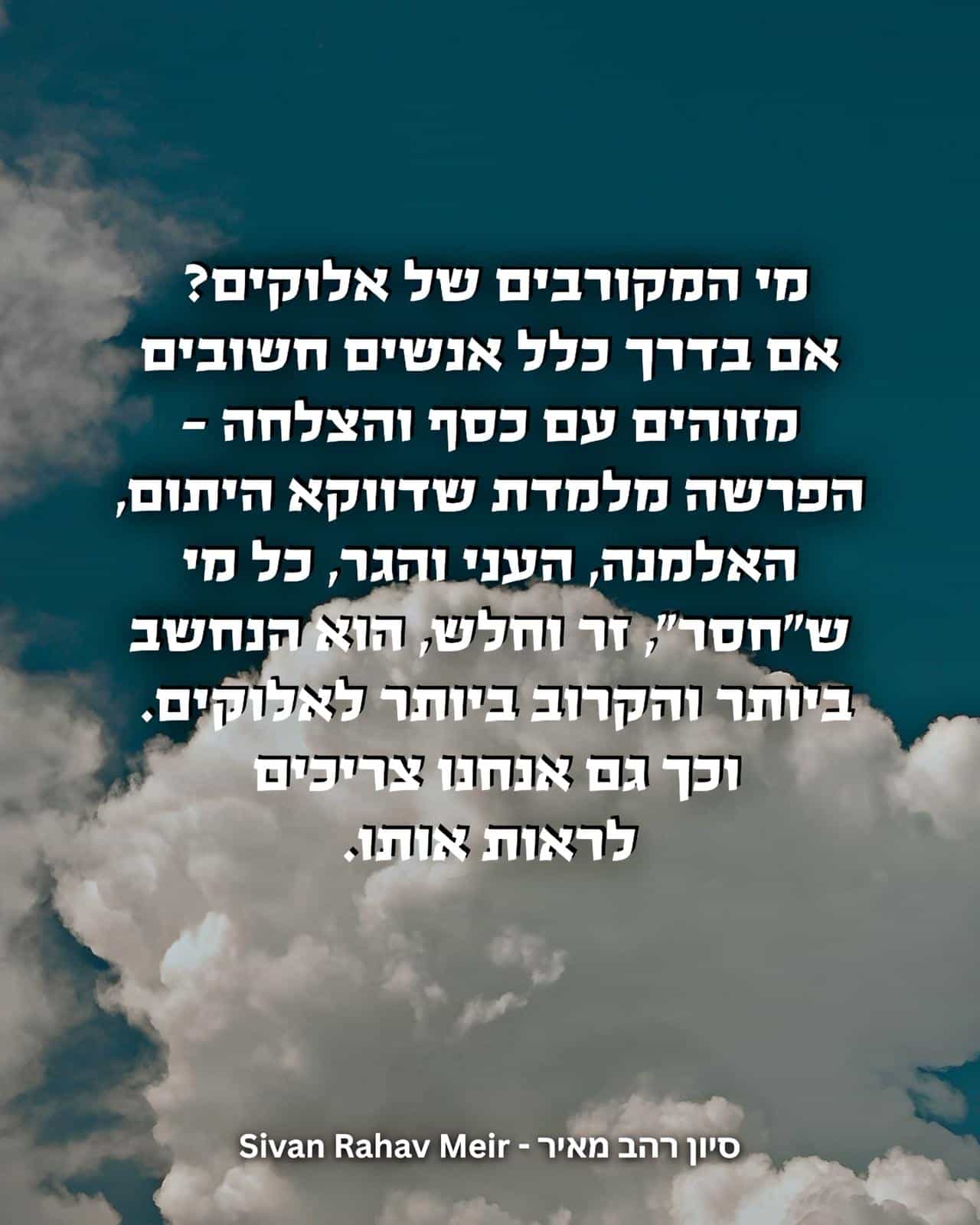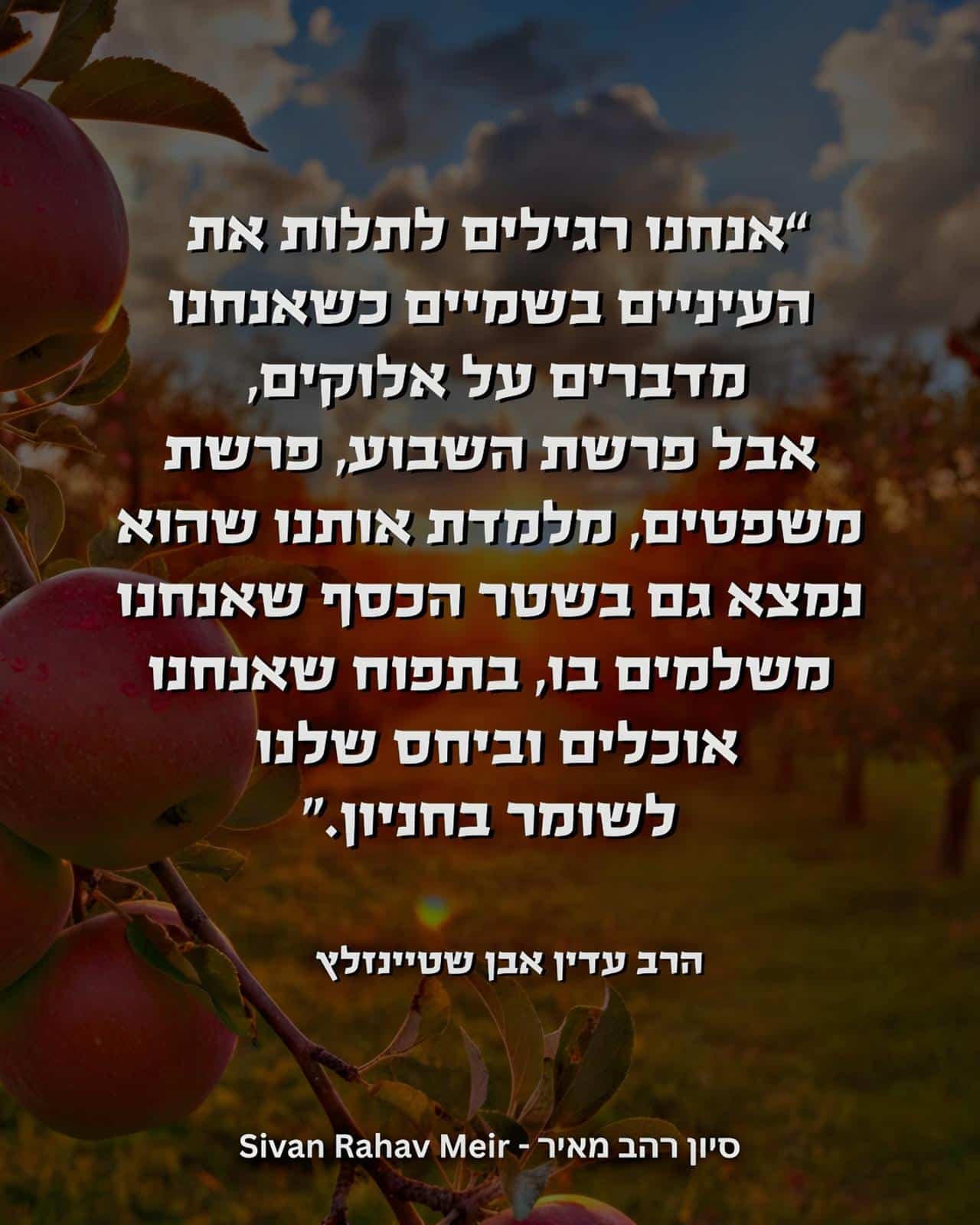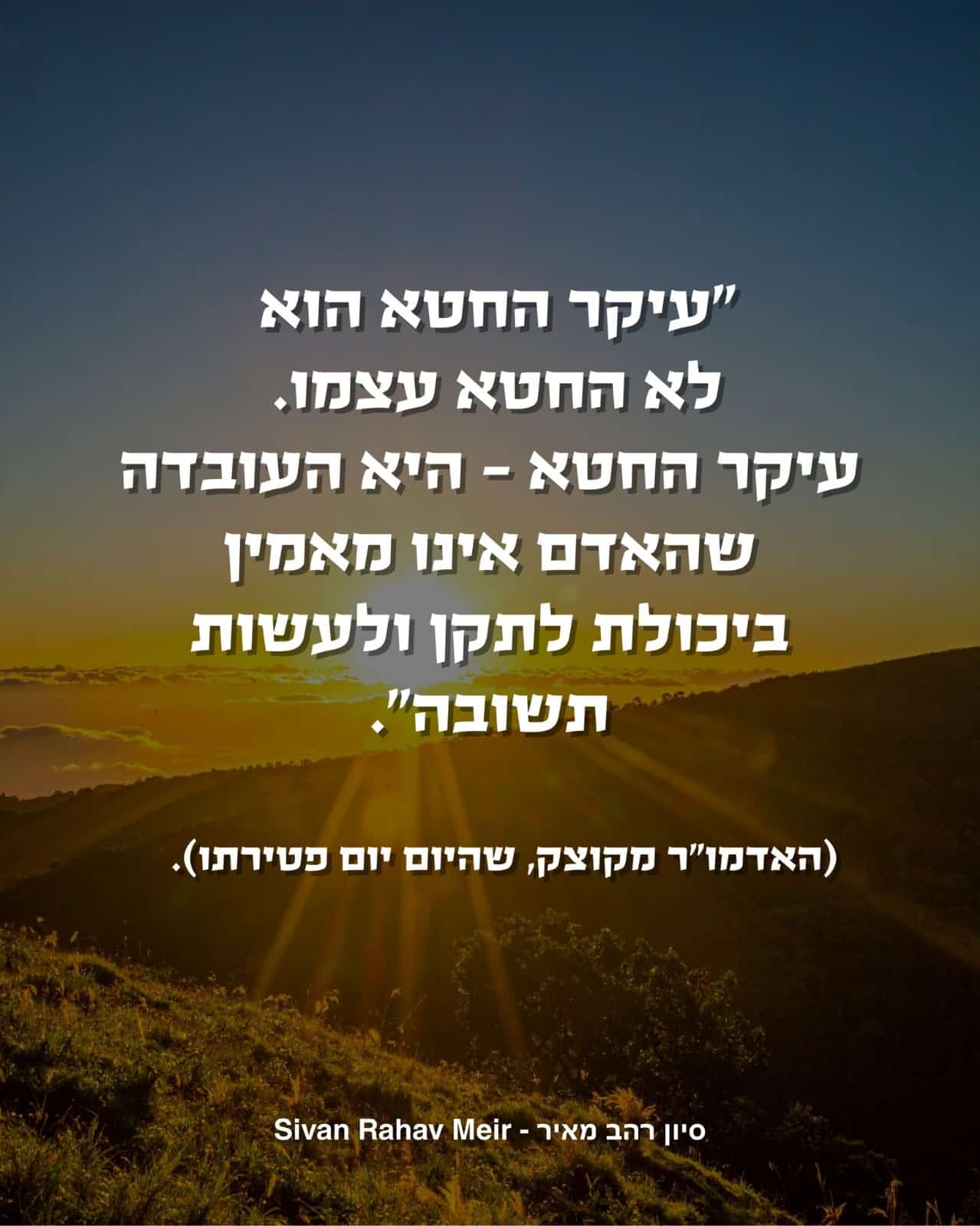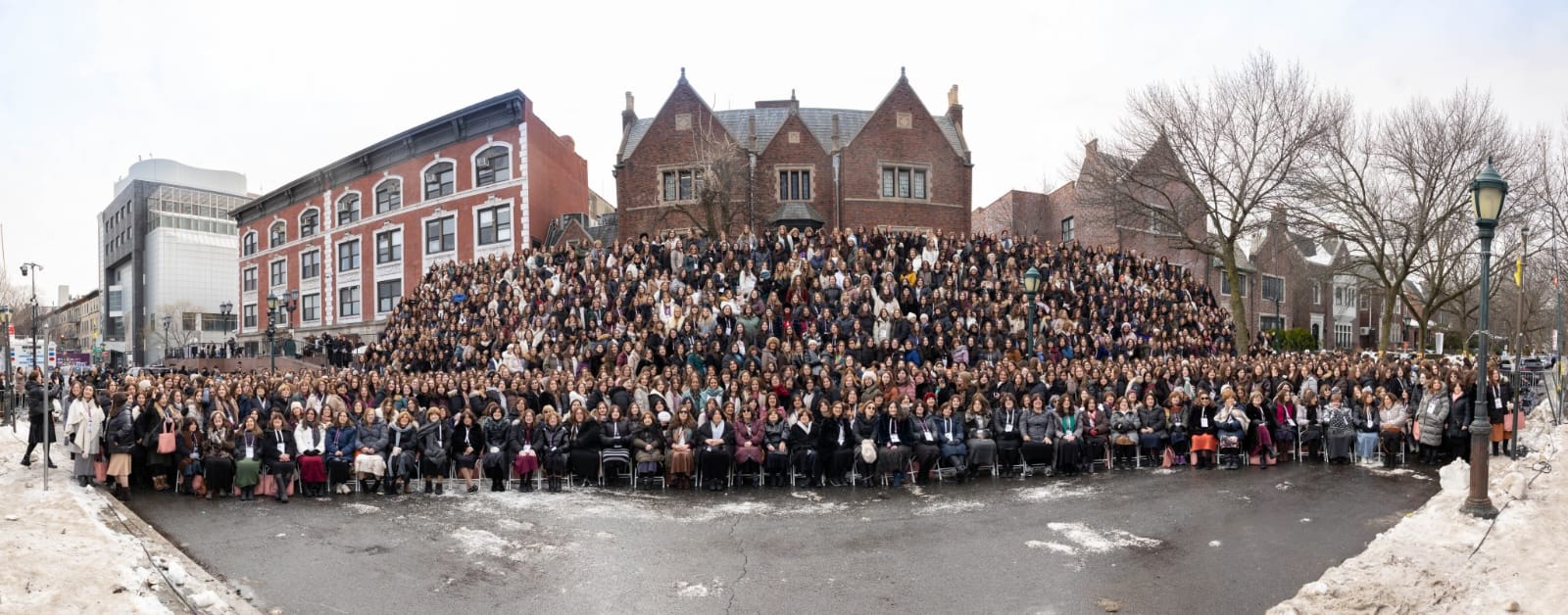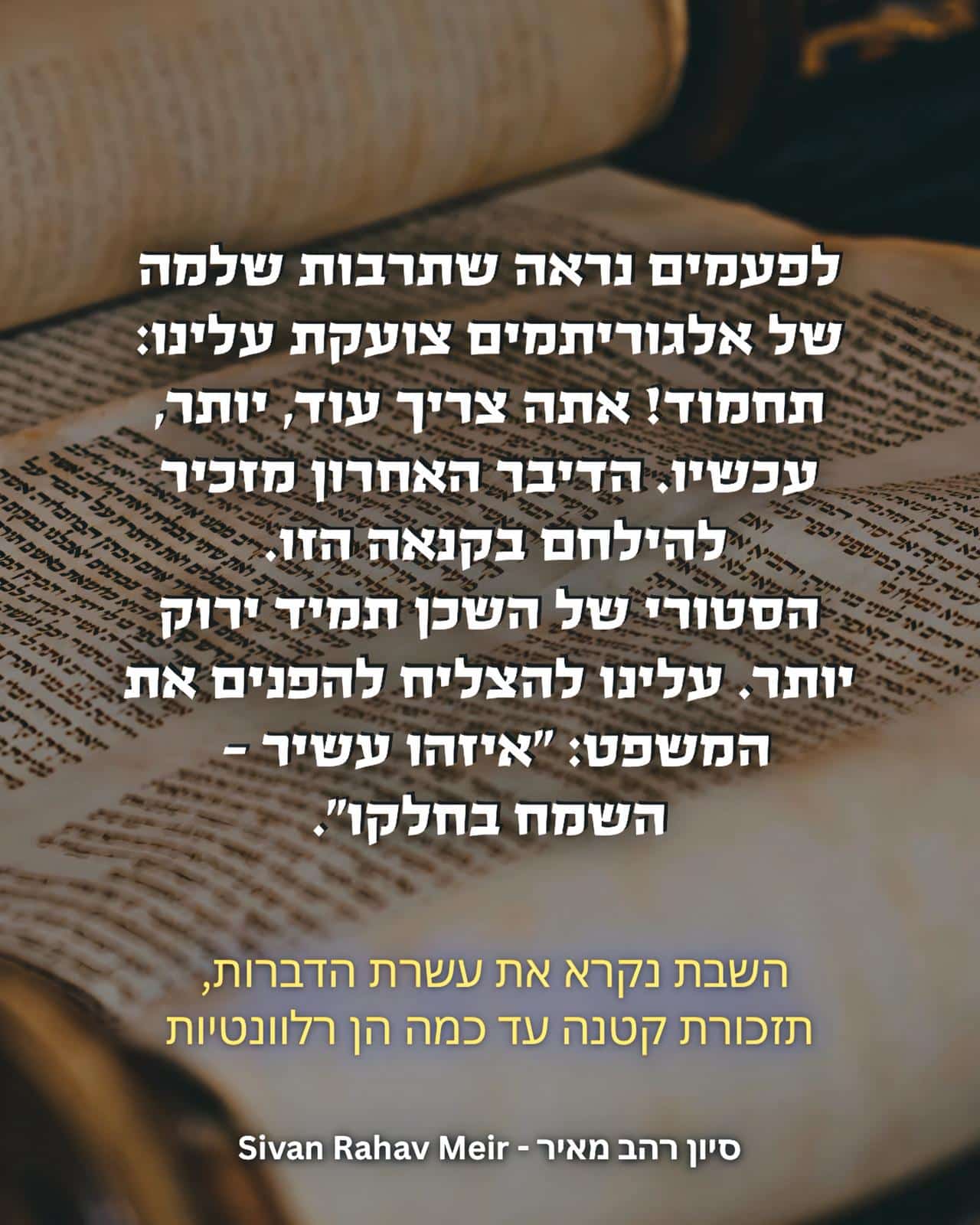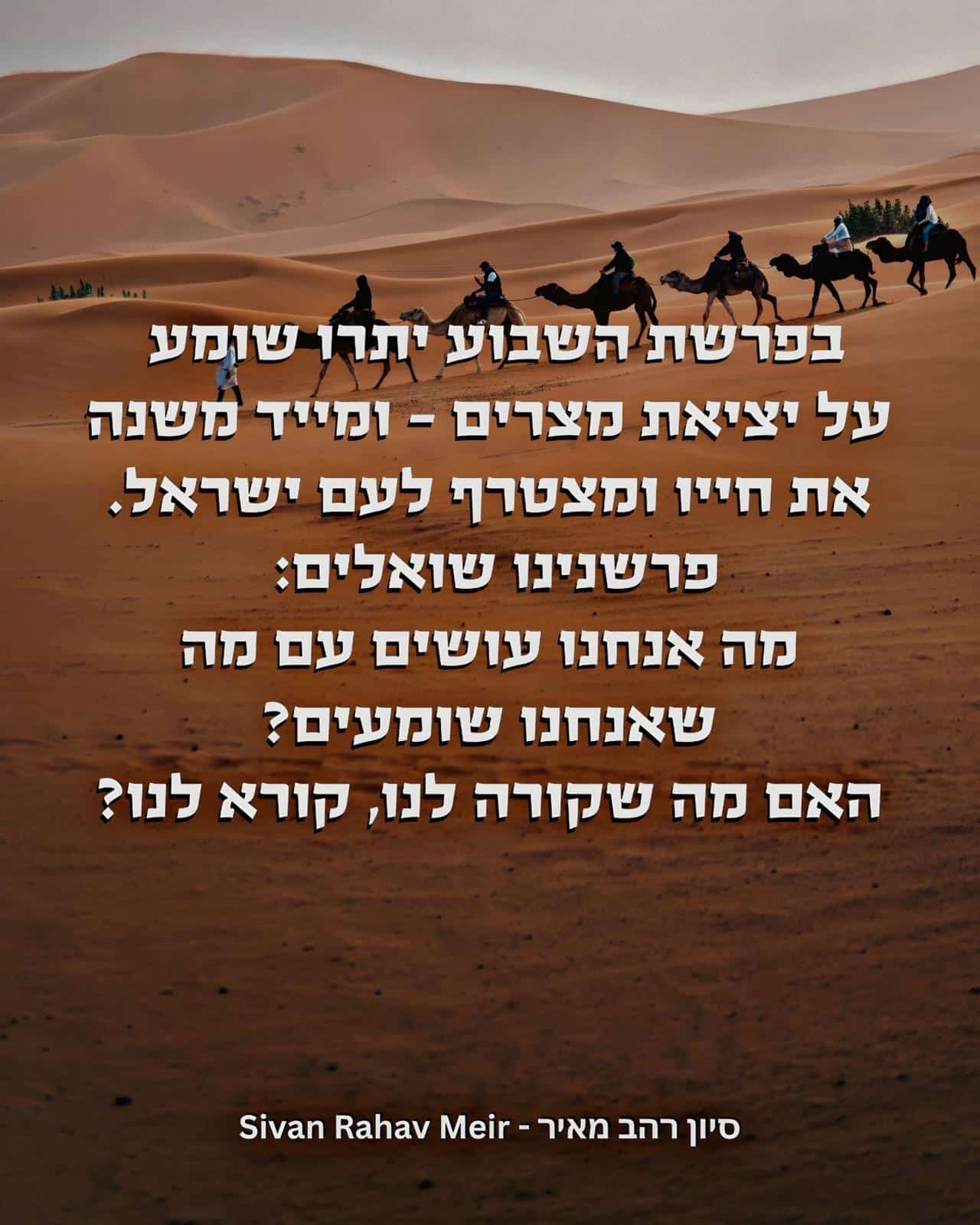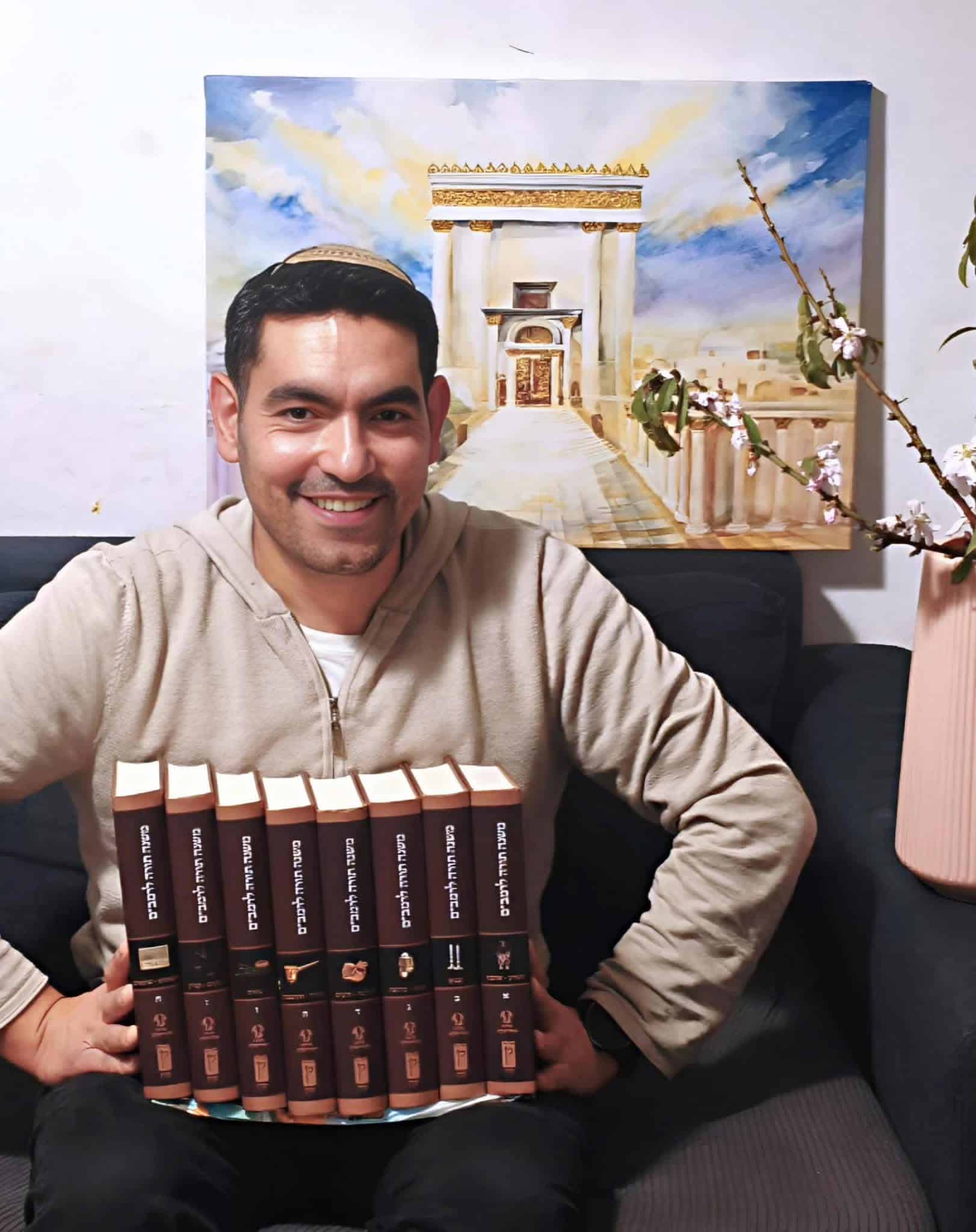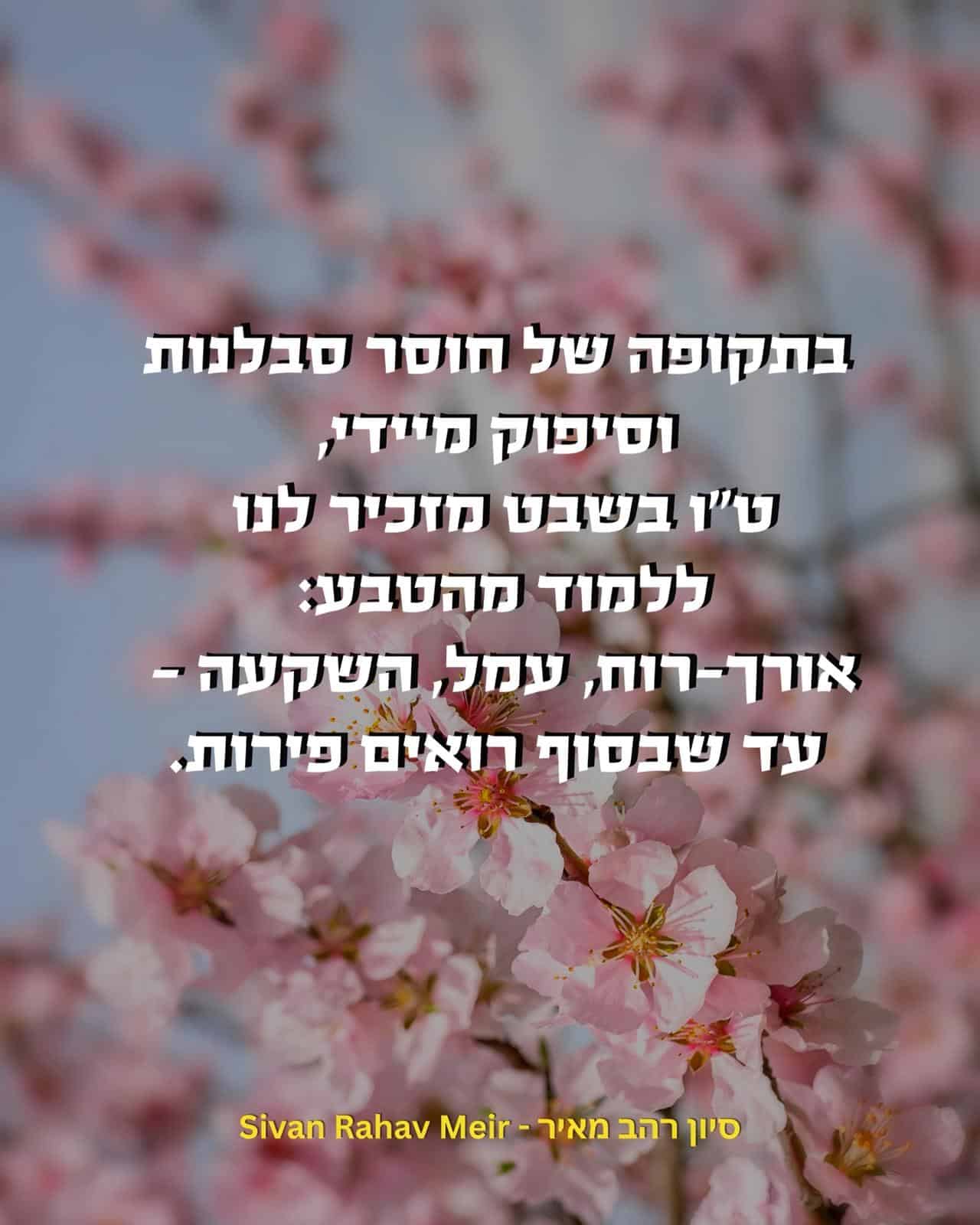Five ideas before Shabbat
* Translated by Janine Muller Sherr
1. This week we read a double parasha, Behar-Bechokotai, the last two parashiyot in Sefer Vaykira.
2. Parashat Behar discusses what will happen after the Jewish people enter the land of Israel. It starts by describing the mitzva of shemitah—how once every seven years, the land lies fallow and farmers abstain from working the land. Agricultural work and economic activity are both essential, but after six years, it is important to know when to stop and rest.
3. Throughout the parasha, the word achicha — “your brother,” is repeated many times. Even though this parasha focuses on business and finance, it keeps reminding us that the person we deal with is not just a customer, renter, or employer, but before everything else— he is your brother.
4. Parashat Bechokotai opens by stating that the blessings of peace and prosperity, material and spiritual success, are contingent upon our following in the ways of God: “If you follow My laws and faithfully observe My commandments.” The parasha highlights the impact and significance of our actions. The Torah describes the curses of exile and persecution that will befall the Jewish people if they fail to uphold the Torah, as well as the beautiful blessings that will be theirs if they choose to follow in God’s ways.
5. This Shabbat is called “Shabbat Mevarchim” as we bless the new month of Sivan that starts next week.
Shabbat Shalom, Chodesh Tov, and as we proclaim when we finish reading each of the five books of the Torah: “Chazak, Chazak, V’Nitchazek”: “Be strong, be strong, and let us be strengthened!”.
An important takeaway message from Sefer Vayikra
* Translated by Janine Muller Sherr
Mazal tov! This past Shabbat we finished reading Sefer Vayikra. With the final two chapters of Behar-Bechokotai, the most challenging book of the five books of the Torah comes to a close. Sefer Bereishit speaks about the creation of the world; Sefer Shemot about the exodus from Egypt; Sefer Bamidbar relates fascinating stories about the nation of Israel during their desert wanderings; and Sefer Devarim is Moshe Rabbeinu’s parting speech to our people.
But what about Sefer Vayikra? Most of the book is comprised of mitzvot and instructions. It contains very few stories but, instead, focuses on the building of the mishkan and on the rules pertaining to the sacrifices and priests. For this reason, many commentators point out the Sefer Vayikra is the most important book of all. It is essential to bear in mind that the Torah isn’t a suspense novel or a reality TV show. We are called upon to devoted considerable effort in studying this book precisely because it isn’t easy to understand or interesting to read. If we aren’t able to develop the patience to study Sefer Vayikra, how are we to meet other challenges we face in life? Do we really want to be the type of person who seeks thrills but tries to avoid difficulties?
Herman Wouk, the American Jewish author and winner of the Pulitzer Prize for Fiction, spoke about this special dedication that is demanded of us:
“There was once a publishing house that invested a considerable amount of money in producing an abridged version of the bible, which would read like an adventure story. The entire Book of Leviticus (Vayikra) was reduced to about half a page and included the famous verse, “You shall love your neighbor as yourself.” The editor left in the dramatic tale of Joseph and his brothers, but removed the “dull” laws pertaining to the land of Israel. The Jews, on the other hand, never removed a single word from the Torah. The elaborate instructions for the building of the Tabernacle and the splitting of the sea were of equal value in their eyes!”
This past Shabbat we proved this dedication once again as we read the last of the 859 verses of Sefer Vayikra. Let us echo here the words proclaimed in the synagogue upon our completion of reading each of the five books of the Torah: “Chazak, chazak, ve’nitchazek— Be strong, be strong, and may we be strengthened!”
